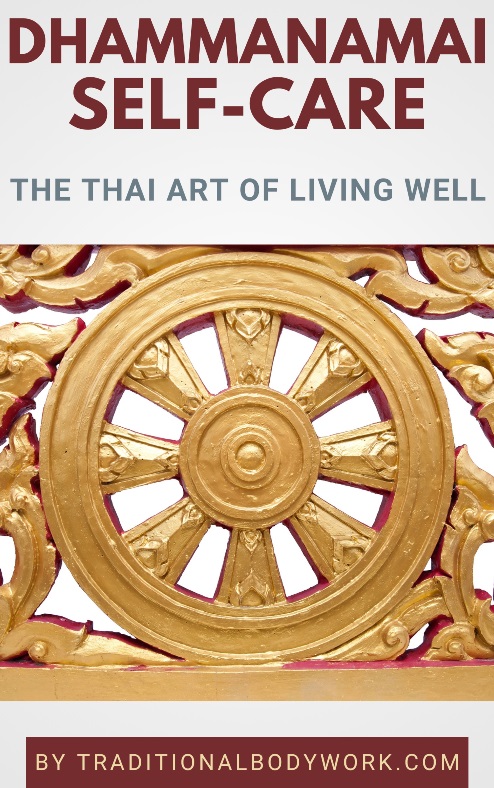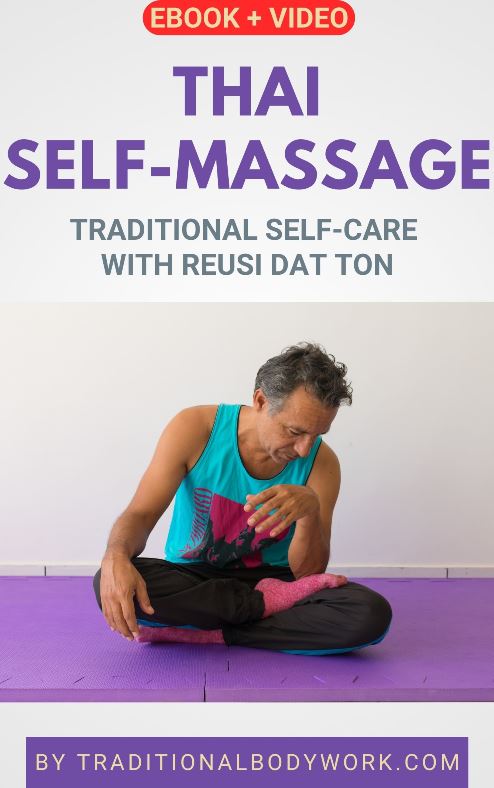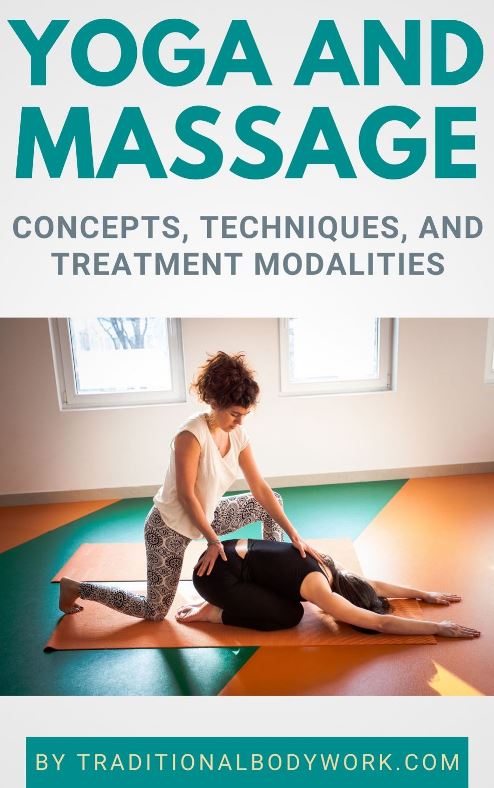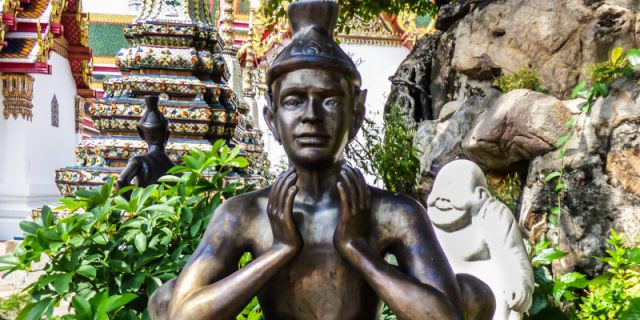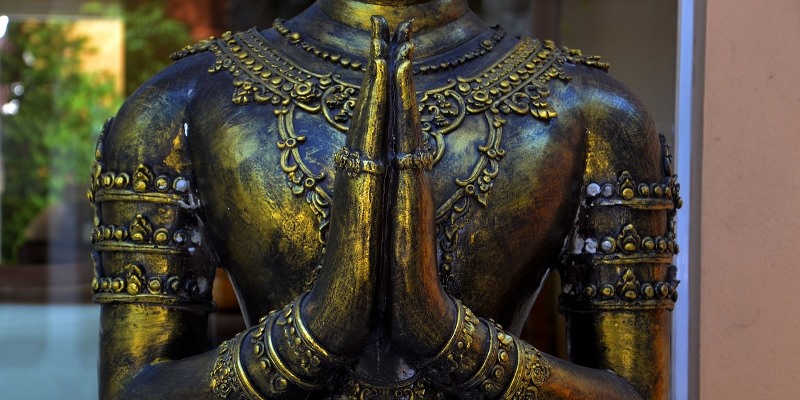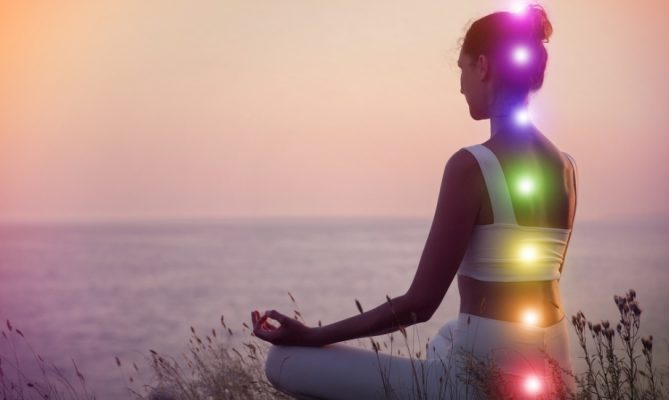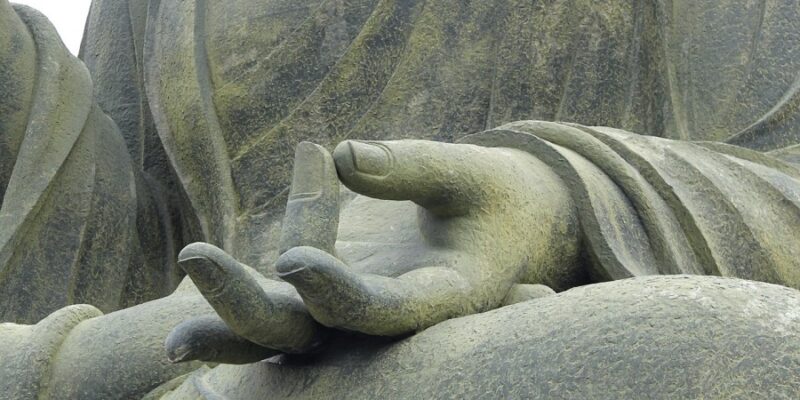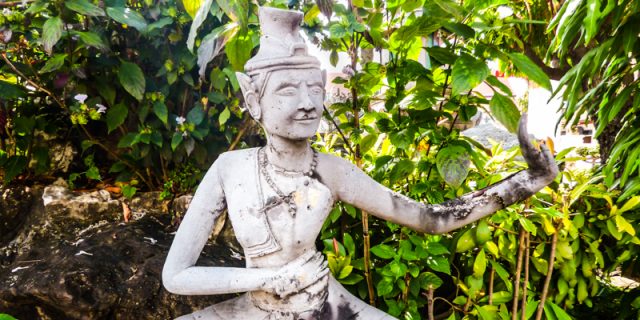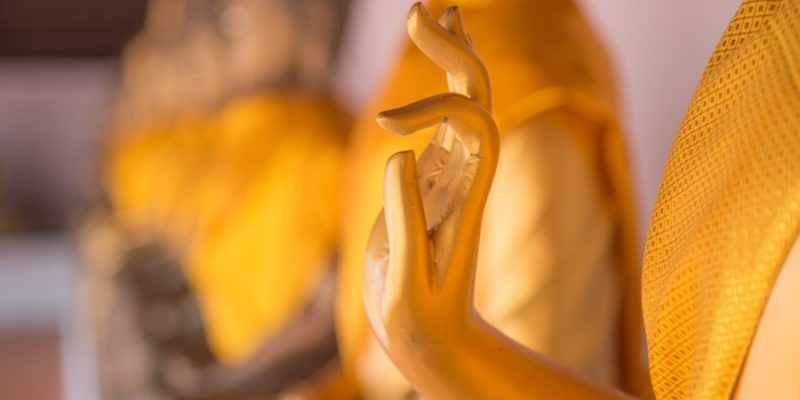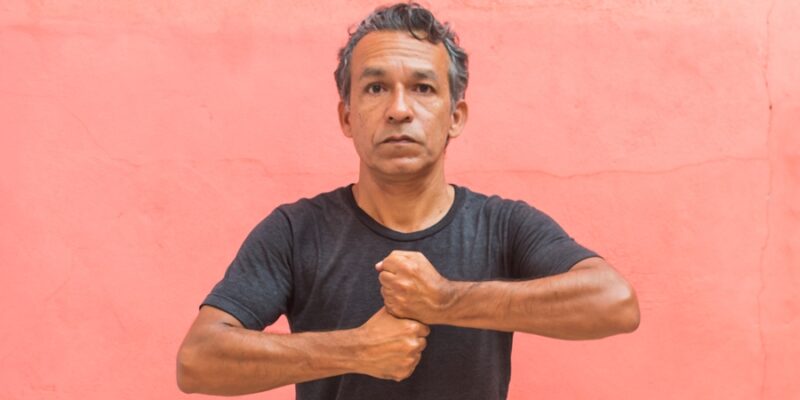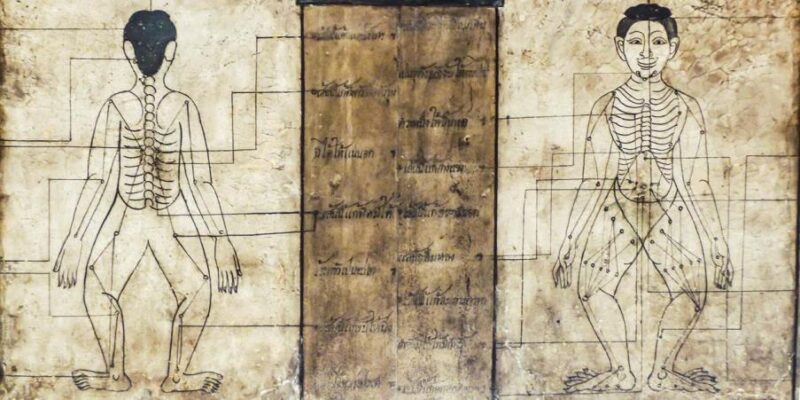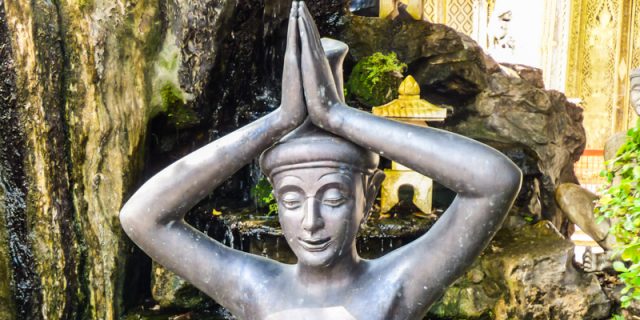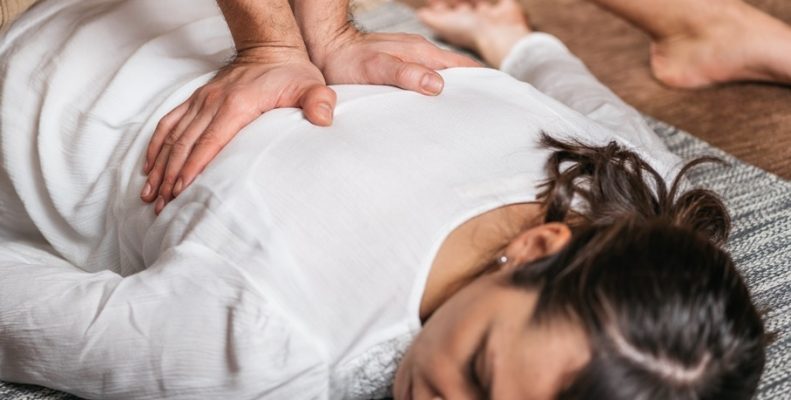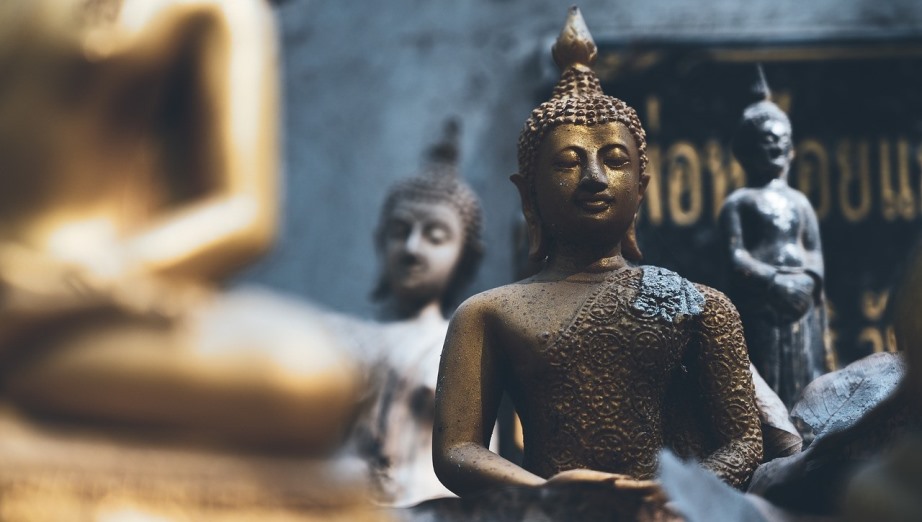
Physical and emotional healing have always had a close connection with spirituality and religion. In fact, a thorough understanding of the healing power of Thai Massage can only come about if devotional, religious and spiritual aspects of the practice are taken into account.
Traditional Thai Massage in Thailand emerged within a religious context, adopting Buddhist and animistic spiritual principles, which is of importance for the practice until today. To give some (non-exhaustive) examples:
- respect payed to Jivaka Komarabhacca, a follower and the personal physician of the Buddha, and being considered the patron of Thai Traditional Medicine;
- the place of Thai Buddhist temples for the practice, protection and promotion of Thai Massage, for instance, the role the famous Wat Pho temple in Bangkok has played and still plays;
- the Wai Khru ceremony, which is, (very) simply said, done to pay respect and say thanks to your teachers (up to the Buddha);
- beliefs that ancestors souls, powerful spirits of the forest, evil spirits, or punishments from a heavenly spirit can make one ill;
- Buddhist and animistic religious incantations, rituals and visualizations used before starting a Thai Massage session;
- Buddhist ethical rules applied to the behavior and practice of Thai Massage therapists;
- the meditative and compassionate approach of giving Thai Massage treatment sessions.
The combination and interaction of healing, spirituality and religion have played an important role in many cultures throughout millennia. In Christianity, for instance, the healing powers and miracles of Jesus Christ are well-known.
Up to the present day, many Christians pray to Jesus and to a variety of Saints for physical, spiritual, mental or emotional healing, and even exorcism, that is, expelling evil spirits out of the body to bring about spiritual, physical or emotional healing, was/is a Christian practice.
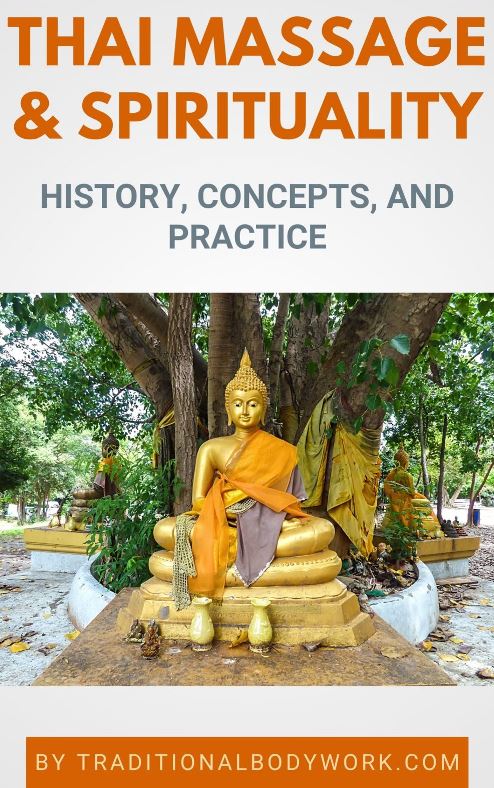
Other religions or spiritual practices were the relationship between healing and spirituality is made very explicitly are, for instance, Shamanism and Spiritualism.
Another key concept in the healing practices of Thailand is that spiritual well-being can benefit physical healing, and therefore, spiritual healing is considered important.
But the other way around is likewise true: being a physically balanced and fit person gives one the tools to better perform meditative and spiritual practices. The latter reminds us a bit of the Christian saying that “The body is the temple of God and the Holy Spirit.”
In any case, healing, according to the Thai, is a holistic practice, where Body (the physical substance), Citta (Mind-Heart) and Energy (Pranic Life Force) are closely interconnected, being only different aspects or parts of the same human being. Curing one of the interrelated parts, necessarily has beneficial effects for the two other parts.


